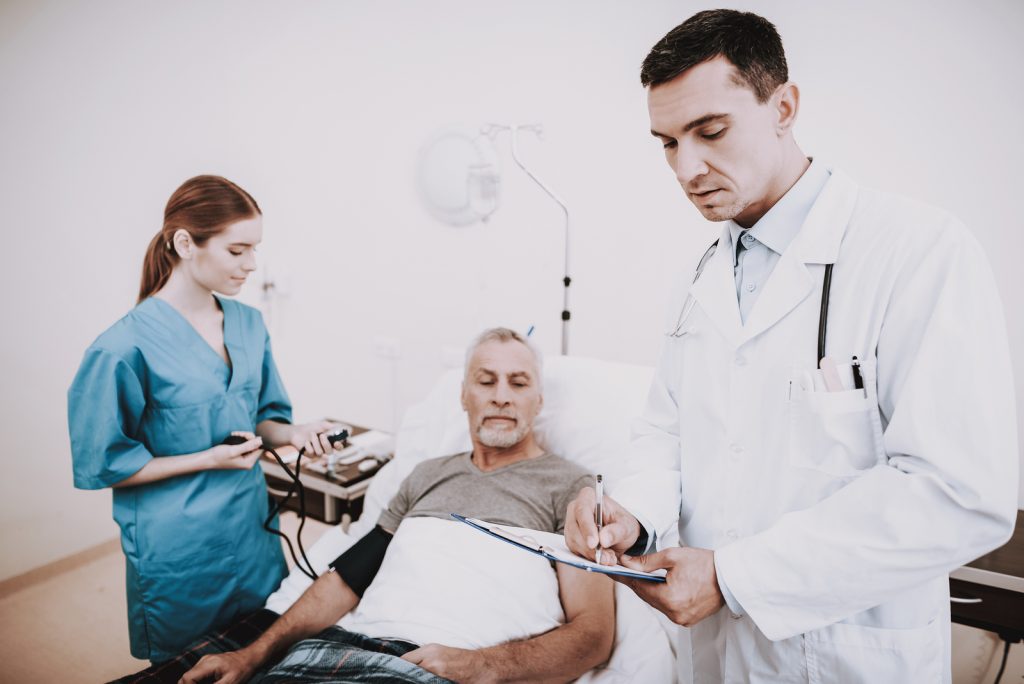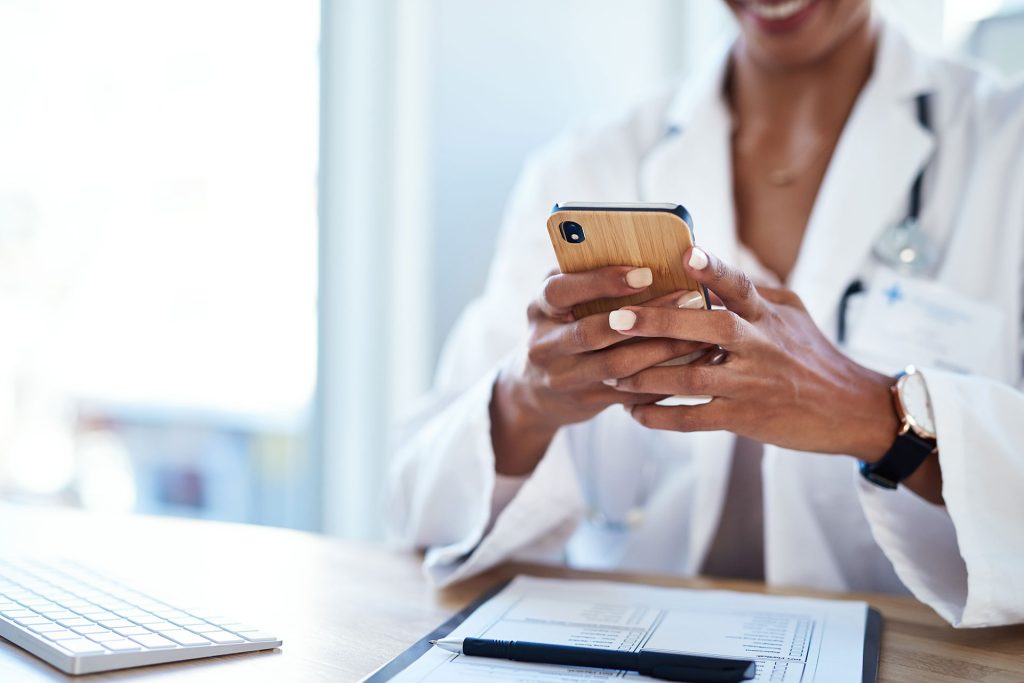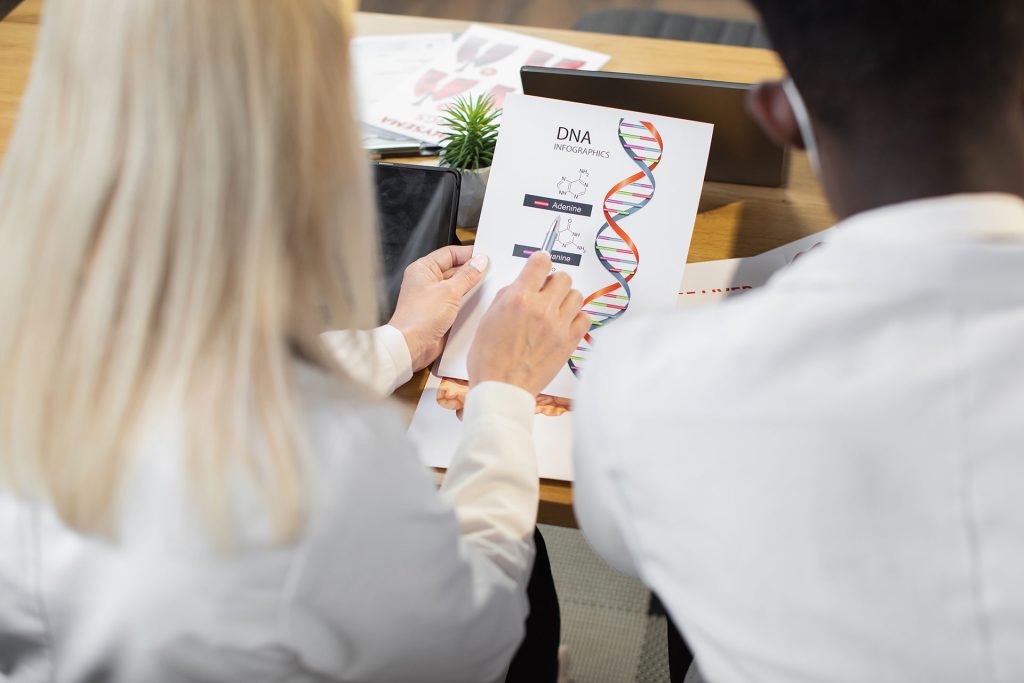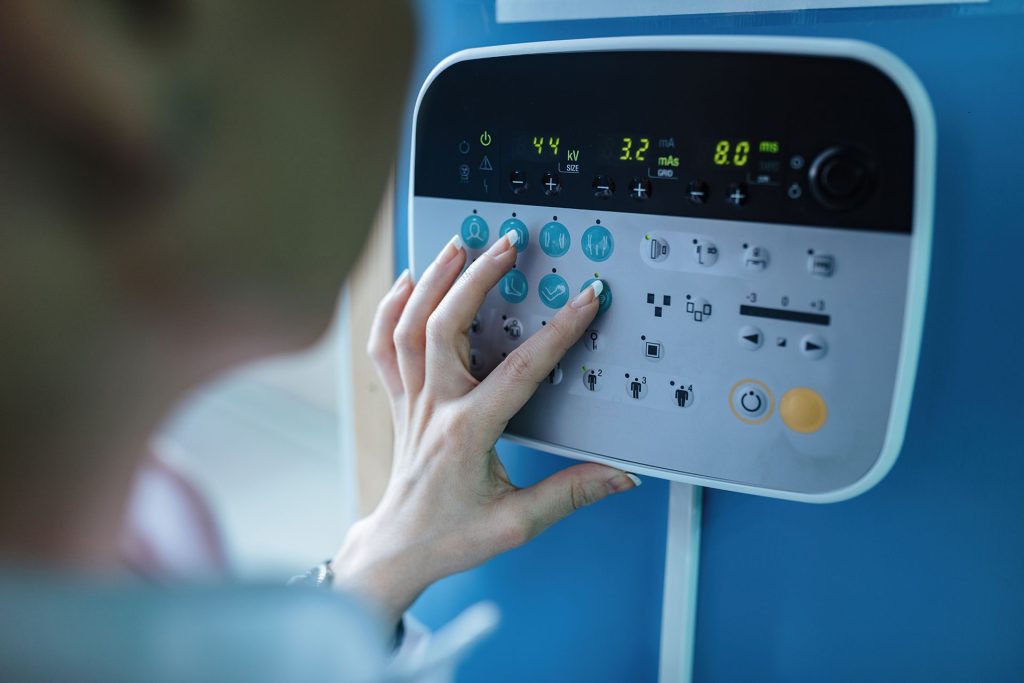Healthcare & FDA Law Blog
Examples of Pharmacy HIPAA Violations
Pharmacies should consult with experienced healthcare lawyers to understand what conduct may qualify as a HIPAA violation, the penalties for violations, and to get answers to HIPAA compliance questions.
How to Transfer Medical Records Between Doctors Safely
Physicians and medical practices who merge their practices, sell, or acquire a medical practice need to notify their clients about the transaction so they can make informed decisions about their doctors and their medical records.
What Is An MSO/MSA And How Does an MSO/MSA Benefit My Med Spa?
A MSO helps separate the medical side of a med spa from the business side of the med spa. A properly drafted MSA helps clarify the roles of the MSO and federal and state compliance issues.
Marketing Stem Cell Therapies as a Chiropractor: FDA & Legal Pitfalls to Avoid
Chiropractors marketing stem cell therapies face FDA and FTC enforcement risks due to unapproved treatments and misleading advertising claims. Learn how to avoid regulatory penalties, structure legal partnerships, and ensure compliance with state and federal laws.
Clinical Trial Compliance Key FDA Regulations for Research Organizations
Clinical trial companies must comply with FDA regulations, informed consent laws, and IRB requirements to ensure ethical and legal compliance. Learn how to navigate 21 CFR Part 50 & 56, manage patient safety protocols, and avoid regulatory penalties when conducting research.
Navigating FDA’s cGMP Standards for Dietary Supplement Manufacturers
Ensure your dietary supplement business stays FDA-compliant with this in-depth guide to cGMP standards under 21 CFR Part 111. Learn about ingredient testing, recordkeeping, quality control, and FDA enforcement actions to avoid penalties, recalls, and warning letters.
Mobile Health Apps Legal Compliance Essentials for FDA and FTC Standards
Mobile health apps must comply with FDA regulations, HIPAA privacy laws, and FTC advertising guidelines to avoid enforcement actions. Learn how to determine if your app is a medical device, manage patient data securely, and market legally under federal and state laws.
Risk Management and Compliance for Direct-to-Consumer Genetic Testing Companies
Direct-to-consumer genetic testing companies must navigate complex FDA regulations, HIPAA compliance, and state laws to avoid enforcement actions. Learn how to structure your business legally, manage genetic data privacy, and ensure truthful marketing claims to prevent regulatory fines and lawsuits.
FDA Guidance on Studying and Marketing Medical Devices – Part Two
The Food and Drug Administration has numerous guidance articles about premarket submissions for the developers of medical devices. We discuss steps three and four.
Contact Us











